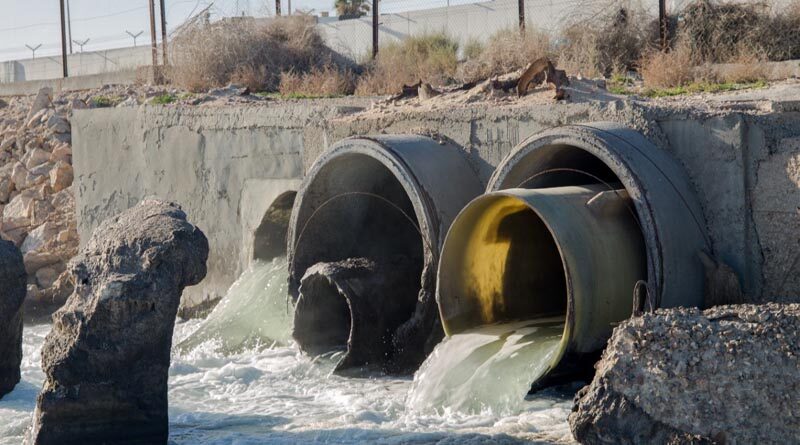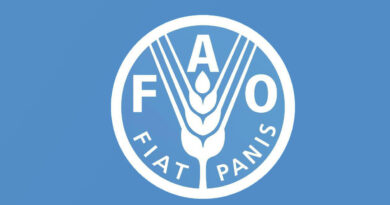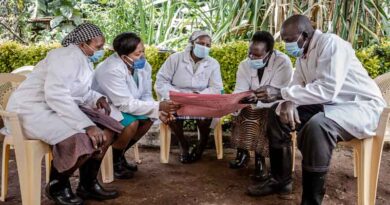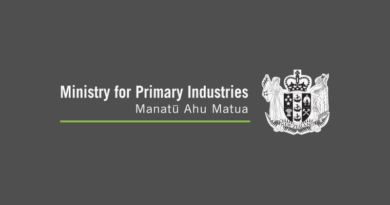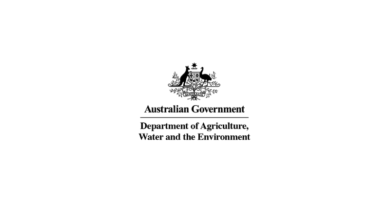World leaders and experts call for action to protect the environment from antimicrobial pollution
03 March 2022, Rome: The Global Leaders Group on Antimicrobial Resistance today called on all countries to reduce the amount of antimicrobial waste entering the environment. This includes researching and implementing measures to safely dispose of antimicrobial waste from food, human health and animal health systems, and manufacturing facilities.
The call comes ahead of the UN Environment Assembly which takes place in Nairobi and online from 28 February to 2 March 2022 where countries will discuss the world’s most pressing environmental challenges.
The Global Leaders Group on Antimicrobial Resistance includes heads of state, government ministers, and leaders from private sector and civil society. The group was established in November 2020 to accelerate global political momentum, leadership and action on antimicrobial resistance (AMR) and is co-chaired by Mia Amor Mottley, Prime Minister of Barbados, and Sheikh Hasina, Prime Minister of Bangladesh.
Also Read: Global Organic Expo 2022 will bring Organic Revolution in India
Antimicrobial drug waste is polluting the environment
The Global Leaders Group’s statement calls for all countries to improve measures for the management and disposal of antimicrobial-containing waste and runoff from manufacturing sites, farms, hospitals and other sources.
Antimicrobials given to humans, animals and plants are entering the environment and water sources (including drinking water sources) via wastewater, waste, run-off and sewage and through this spreading drug-resistant organisms and antimicrobial resistance.
This could fuel a rise in the emergence and spread of ‘superbugs’ that are resistant to several types of antimicrobial drugs (additional information here). It could also harm organisms in the environment.
Reducing the amount of antimicrobial pollution entering the environment is crucial to conserving the effectiveness of antimicrobial medicines
The Global Leaders Group calls for all countries to develop and implement regulations and standards to better monitor and control the distribution and release of antimicrobials and drug-resistant organisms into the environment.
Other key actions include:
- In the manufacturing sector, developing national antimicrobial manufacturing pollution standards to better control and monitor antimicrobial pollution.
- In the human and animal health sector, enforcing laws and policies to reduce or eliminate antimicrobial use that is not under the guidance of a trained healthcare provider.
- In food systems, implementing standards to treat and manage discharge from food-animal farms, aquaculture farms and crop fields.
Inaction will have dire consequences for human, animal, plant and environmental health
Antimicrobial drugs, including antibiotics, antifungals and antiparasitics, are used in human and veterinary medicine all over the world. They are used to treat and prevent diseases in humans and animals, and sometimes in food production to promote growth in healthy animals. Antimicrobial pesticides are also used in agriculture to treat and prevent diseases in plants.
Current antimicrobial drug usage in humans, animals and plants is leading to a concerning rise in drug-resistance and making infections harder to treat.
Drug-resistant microbes and disease-causing pathogens can pass between humans, animals, plants and food, and in the environment.
The climate crisis may also be contributing to a rise in antimicrobial resistance (additional information here).
Drug-resistant diseases contribute to nearly 5 million deaths every year. Urgent action is needed to curb the rise and spread of antimicrobial resistance across all countries. Without action, the world is rapidly approaching a tipping point where the antimicrobials needed to treat infections in humans, animals and plants will no longer be effective.
The impact on local and global health systems, economies, food security and food systems will be devastating.
“The connections between antimicrobial resistance, environmental health and the climate crisis are becoming increasingly stark,” said the co-chair of the Global Leader Group on Antimicrobial Resistance, Mia Amor Mottley, Prime Minister of Barbados. “We must act now to protect the environment, and people everywhere, from the damaging effects of antimicrobial pollution.’’
Understanding and managing global antimicrobial pollution should be a priority for all countries
While the exact scale of global antimicrobial pollution is unknown, evidence indicates that it could have significant impacts on antimicrobial resistance. For example, multi-drug resistant bacteria are already prevalent in marine waters and sediments close to aquaculture, industrial and municipal discharges (additional information here).
People in all countries can play a role by ensuring they dispose of expired and unused medicines correctly.
Investors can also contribute by investing in the research and development of cost-effective and greener waste management technologies.

